COLLEGE-WIDE INITIATIVE ON
ANTI-RACISM
NEWS
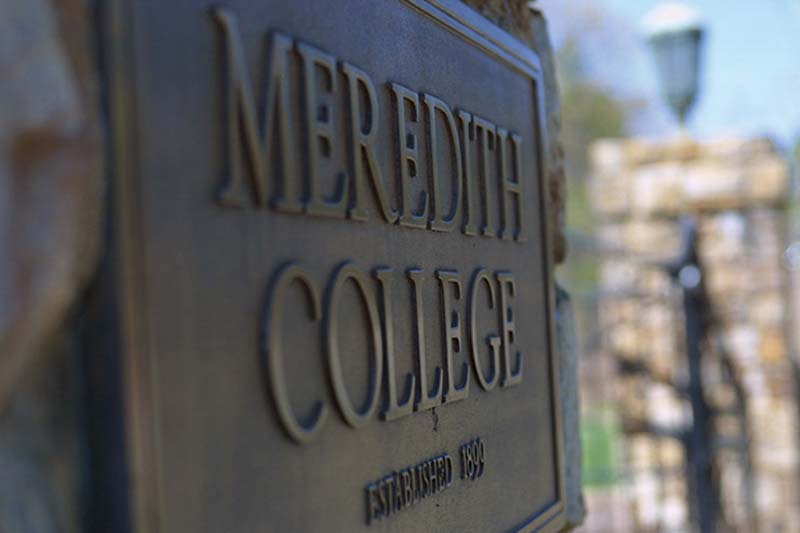
The Diversity Equity and Inclusion Foundations Certificate is designed to offer faculty and staff the opportunity to engage in workshops to broaden awareness about DEI topics, engage in dialogue, and increase understanding of current issues.

The American Dance Festival in association with Meredith College presents Les Ballets Afrik on Thursday, September 14, and Friday, September 15, 2023, at 7:30 p.m. The performances will be held in Jones Auditorium on the Meredith College campus. ADF’s presentation of Les Ballet Afrik is supported by the United Arts Council of Raleigh and Wake County.
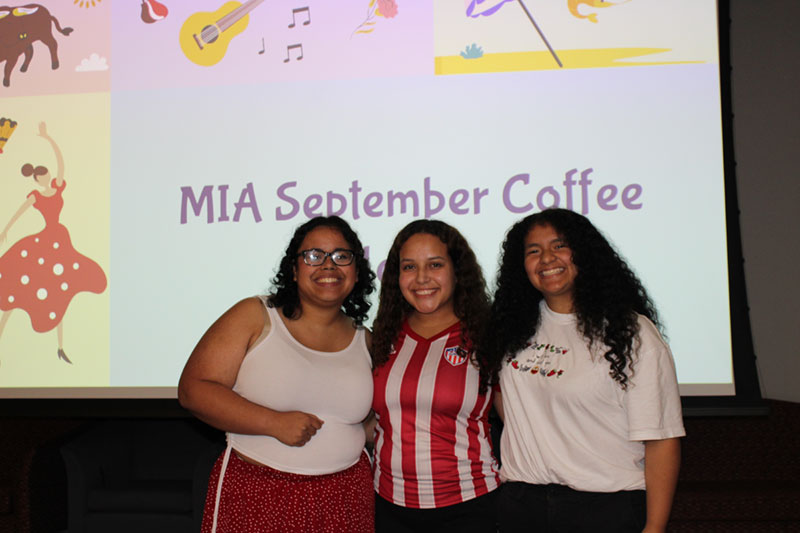
As the Meredith community embraces the changing seasons, the Meredith International Association (MIA) continues to play a crucial role in fostering cultural understanding and unity on campus. Take a journey through the enriching events organized by MIA over the past few months.
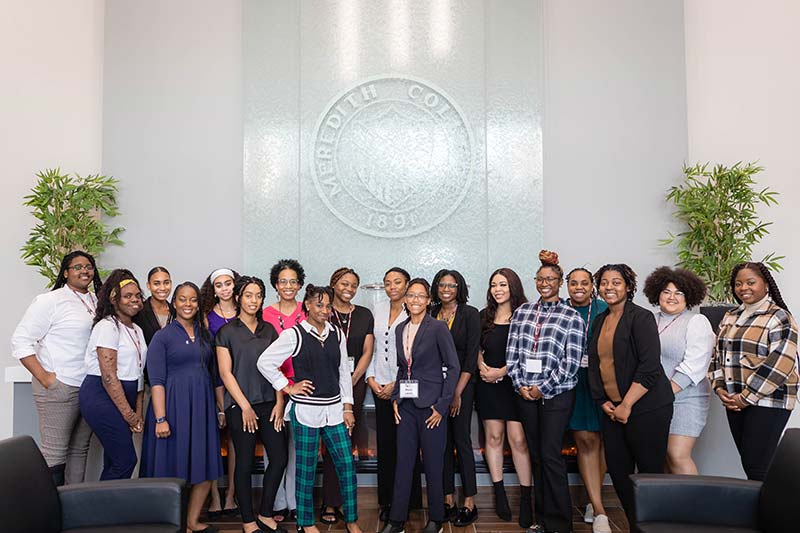
Nineteen students recently completed the Voices of Change Political Institute, a Meredith College-sponsored program for college women of color. This program built on the foundation of two previous institutes and focused on inspiring young women to consider public service and giving them tools to help them be successful in this venture.
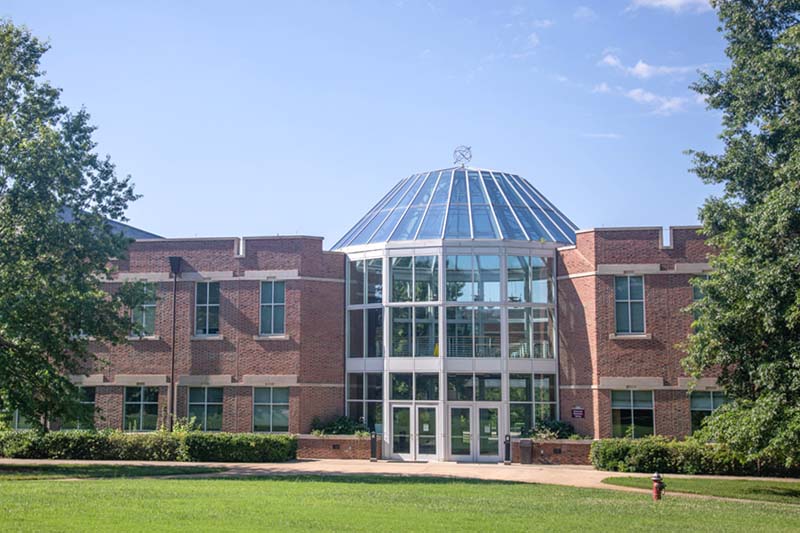
In May 2021, Meredith College received a grant from the Arthur Vining Davis Foundations to support Cultivating Equitable and Inclusive Pedagogical Practices in STEM Higher Education, a project that aims to create fully inclusive and equity-based STEM programs at Meredith. Project researchers have an update on the project findings.
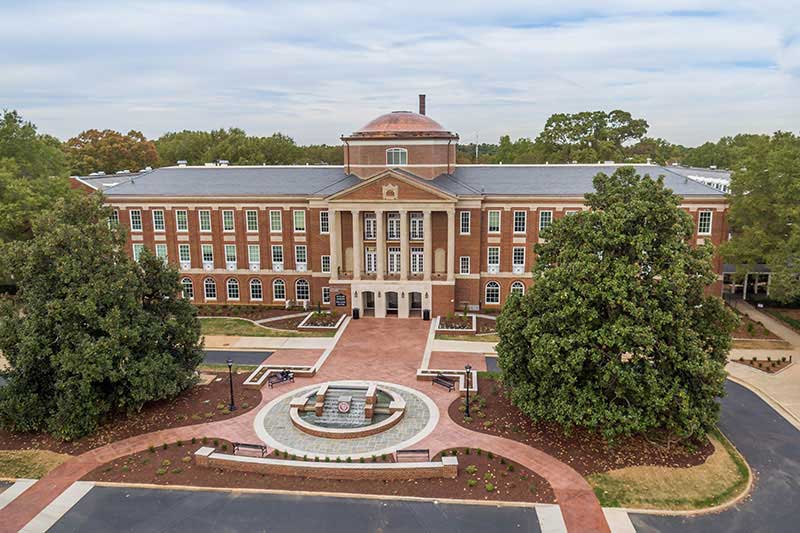
Meredith College is making permanent a test-optional admissions policy that was initially adopted during the pandemic.
Meredith College is working to foster an inclusive and pluralistic campus environment where all are welcomed into our living, learning, and working community. In our policies and our practices, we recognize differences and acknowledge that these differences are valued assets that enrich our community.
The anti-racism initiative reflects our commitment to strength, integrity, and the power of education to bring about real and lasting change across Meredith’s campus, especially for BIPOC members of our community and others who have not always felt seen or heard.
The College is actively addressing diversity, equity, and inclusion efforts in all departments and administrative processes. Our work is ongoing, action-oriented, transparent, and root-focused. Guided by our foundational values, we cultivate a spirit of openness and inquiry and respect a range of perspectives and voices.
ACTION STEPS
Action 1: Develop Action Plan
Develop an action plan informed by our history and the current student experience.
Action 2: Review and Enhance Policies
Review and change policies that promote or enhance systemic racism.
Action 3: Understand Our History
Work to understand our history and any connections to systemic racism.
CAMPUS PARTNERS
Meredith College values diversity in all its forms and recognizes the richness that those diversities create within our learning environment.


